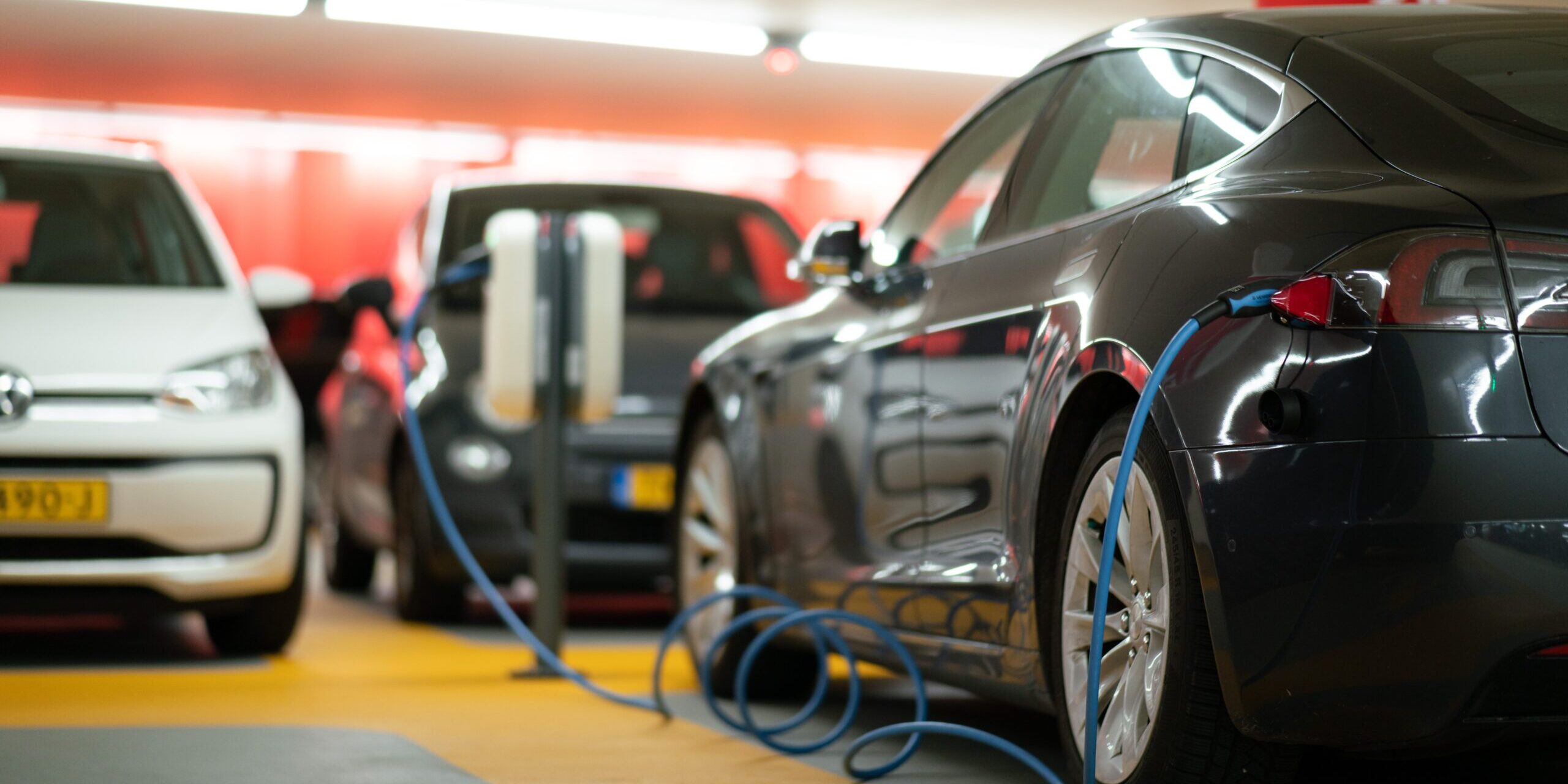The Biden administration is actively considering the prospect of increasing tariffs on Chinese electric vehicles and other products to enhance the competitiveness of U.S. clean-energy goods, according to sources familiar with the matter.
Discussions on whether to raise duties on specific Chinese exports have been ongoing among officials from the White House and various Cabinet agencies. These talks are part of a long-standing deliberation process initiated shortly after President Joe Biden assumed office.
Some within the administration are hoping to conclude this debate early in 2024, although no official decisions have been made, as revealed by individuals who spoke on condition of anonymity to discuss private deliberations.
The Wall Street Journal had earlier reported on these discussions.
Spokespeople for the White House National Security Council and the Treasury Department declined to provide comments on the ongoing review, while the office of the U.S. Trade Representative did not respond to requests for comment. President Biden retained tariffs on approximately $300 billion worth of Chinese goods imposed during President Donald Trump’s tenure. Biden’s administration initiated a review of these tariffs almost three years ago, but internal differences have prevented the team from reaching a consensus on tariff policies.
The tariff rates have remained unchanged as President Biden sought to improve U.S.-China relations, culminating in a meeting with President Xi Jinping in November 2023, where both leaders agreed to combat illicit fentanyl trafficking and reestablish military-to-military communications.
Increasing tariffs on Chinese electric vehicles may have limited repercussions on the U.S. market. These vehicles are already subject to a 25% duty, which has impeded Chinese companies’ efforts to gain a foothold among American consumers.
In a sign of escalating competition in the clean energy sector, China recently announced an export ban on rare-earth mineral processing technology on December 21. This decision could potentially complicate efforts by the U.S. and its allies to secure a stable supply of raw materials required for batteries and other advanced technologies.







